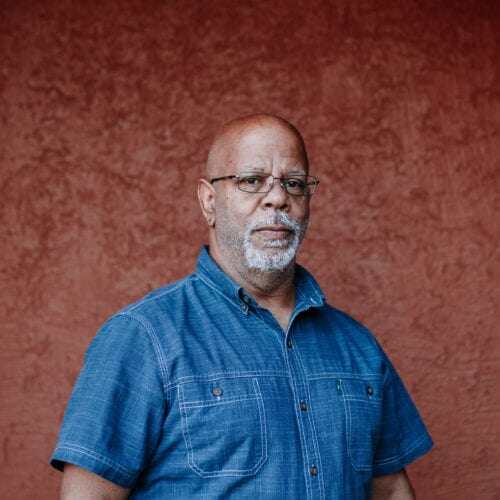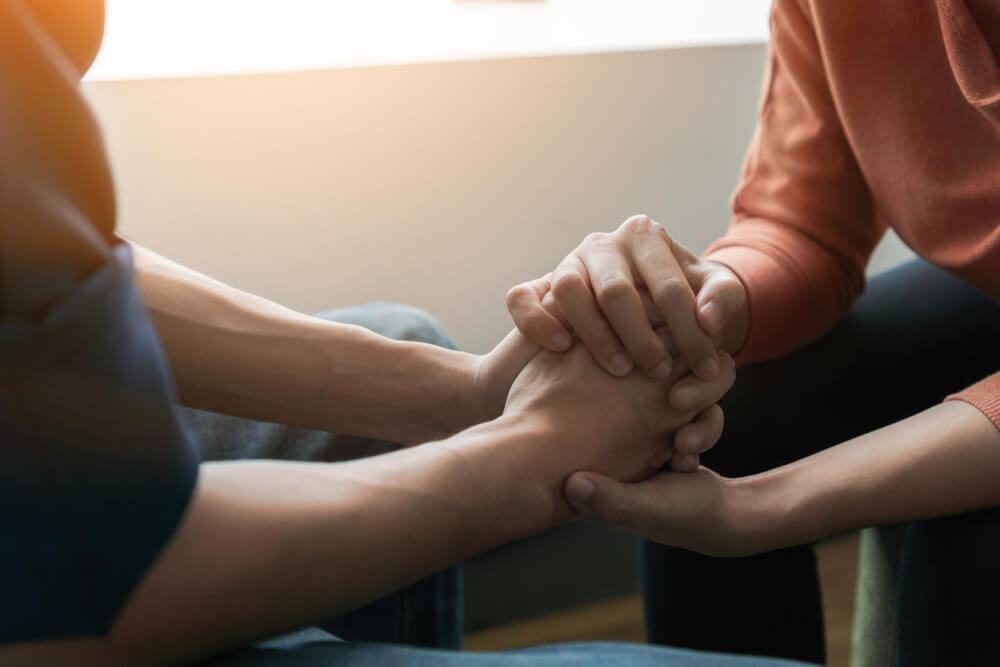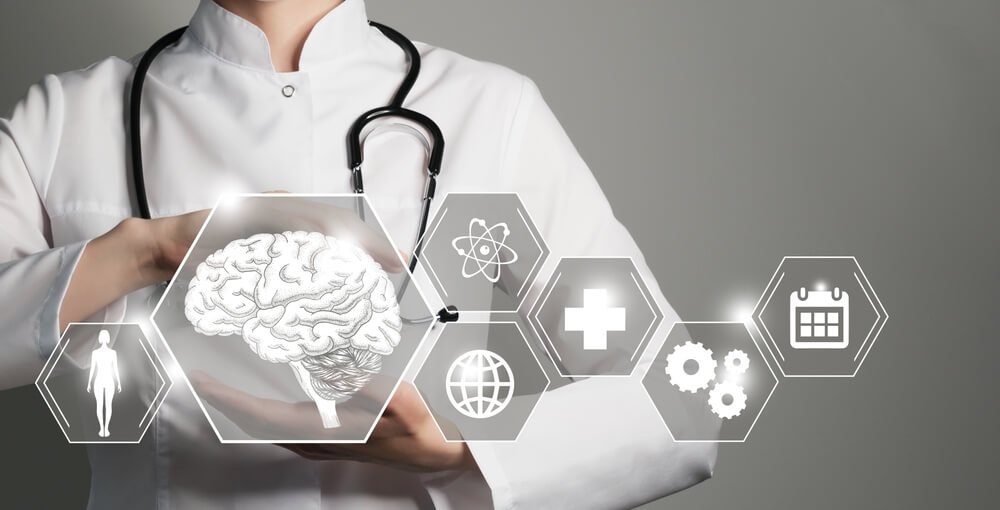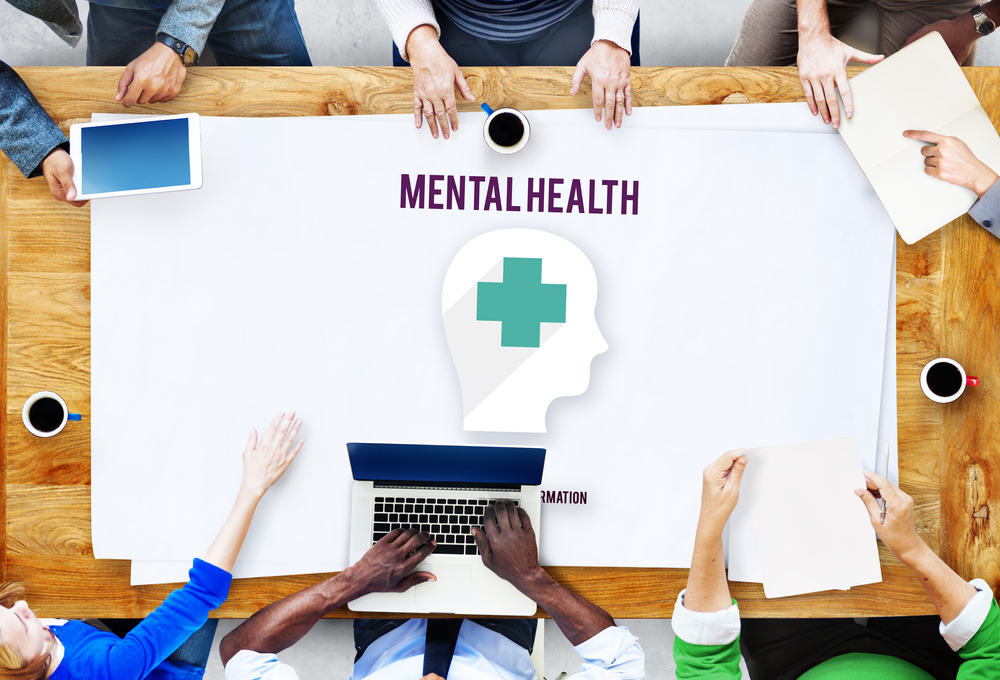Meet Your Instructor: Charles Smith
Who Benefits from Motivational Interviewing Training
People show they benefit from counseling when it helps them improve their lives by taking personal responsibility to change harmful behaviors. It's often challenging to push ourselves to make these changes ourselves. Even though we want to change, we may not feel ready for it. Which is where motivational interviewing becomes beneficial.
It is a counseling technique that enables people to find the intrinsic motivation to make positive changes in their lives. Understanding how it functions helps people, even if they don't struggle with issues like addiction but have friends or relatives who do.
We'll review Motivational Interviewing, how it helps people make positive changes, and who can benefit from learning about it.
Topics: Mental & Behavioral Health
What Motivational Interviewing is Designed to Help
People are complicated creatures. As individuals move from childhood to adolescence and adulthood, they may develop disruptive or self-destructive behaviors. When that happens, it may become difficult for them to motivate themselves to make the required changes. And all the while, those people may want to change their behaviors but don't know how.
Topics: Mental & Behavioral Health
MHFA and ASIST Courses: How They Work Together
In today's post-pandemic world, mental health struggles have become increasingly more prevalent, affecting people evenly across every socioeconomic status, age, gender, and geographic location.
Because of this, more resources are available for those who are struggling. MHFA and ASIST courses offer invaluable tools that you can use to help someone facing mental health and substance use challenges and to keep someone safe who has shown signs of suicidal risk.
Let's look at each course and how it can benefit you, your community, and the world around you.
Topics: Healthcare, Mental & Behavioral Health
How Relational Neuroscience Increases Empathy and Understanding for People of Different Races and Cultures
Understanding how your brain and nervous system functions helps to explain your physiological and psychological reactions to personal situations. In addition, gaining insight into the impact your social relationships have on your life is critical to understanding why you do the things you do. This knowledge then provides a basis for creating empathy in you toward other people and their motivations.
The following article briefly describes relational neuroscience. You will also learn how studying this branch of knowledge helps you develop greater empathy toward people from other cultures and how they fit into U.S. culture.
Topics: Healthcare, Mental & Behavioral Health
Why You Should Take PCC's ASIST Course
All around the world, people face different types of crises every day. Some people lose their jobs. Others deal with the death or sickness of loved ones. Still, others suffer from untreated mental illnesses pushing them closer and closer to despair. When people start thinking about suicide as their only option, they need help.
Topics: Professional Development, Mental & Behavioral Health
How Understanding IPNB Helps Working Professionals
Biology impacts the way humans act because it motivates them toward activities and actions that benefit the personal survival and reproduction of the species; therefore, if you understand how the people in your orbit function biologically, you may determine their motivations for their behavior.
Topics: Mental & Behavioral Health, Interpersonal Neurobiology, institute for health professionals
As our population ages, losing one's mental faculties can take first place on the list of concerns. Alzheimer's disease and other forms of senile dementia affect some 25 percent of all people over 80. Research, though, is revealing natural approaches in treating and preventing mental decline. Not only aging grabs our attention. Many of us deal with mood disorders, including depression and anxiety.
Topics: Functional Nutrition, Integrative Healthcare, Mental & Behavioral Health, Herbalism
How PCC Helps Kids with Youth Mental Health First Aid
Teachers, childcare workers, and mentors of all types receive training in physical safety and first aid, including in CPR certification. Most parents and guardians feel comfortable knowing that the people caring for their children have a strong knowledge of these skills so they can respond quickly should a rare crisis occur. It ensures caretakers have the tools they need to maintain physical safety themselves or seek the necessary emergency assistance from a local hospital or other healthcare resources.
Topics: Mental & Behavioral Health
How PCC Trains Mental Health First Aid in Portland, Oregon
Topics: Mental & Behavioral Health, institute for health professionals, mental health first aid











